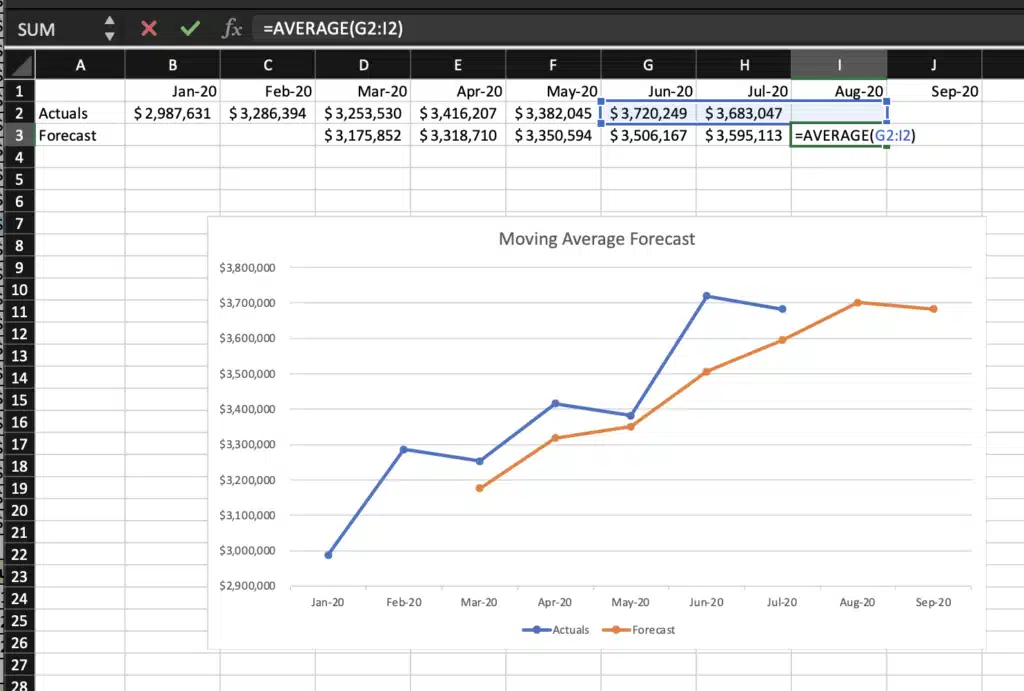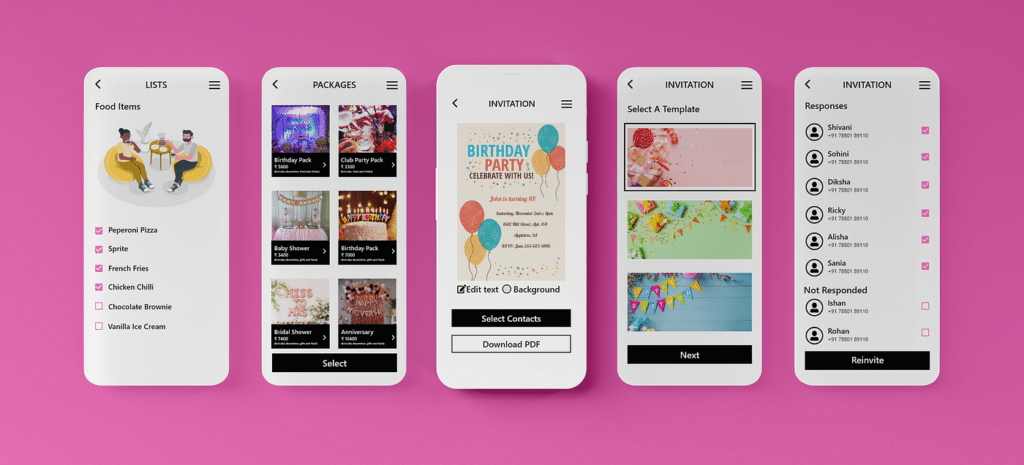When it comes to learning how to program, finding programming project ideas is a common question. While classic examples like building a chess game or a command-line interface have their merits, we believe it’s important to align project choices with modern programming needs.
In today’s software landscape, a significant portion revolves around SaaS and web applications. This means gaining proficiency in online programming is essential. Websites and apps with user interactions, server requirements, authentication, and databases present a whole new set of complexities that differ from developing a command-line tic-tac-toe game.
Moreover, working on web development projects often exposes you to technologies utilized by large corporations, including AWS and other third-party services. Familiarity with these technologies not only enhances your skill set but also aligns you with industry standards. These practical experiences will make your resume shine and enable you to adapt to new technologies with ease.
Contents
Here are the best programming project ideas for you to Try
Below we have mentioned the programming Project ideas that’ll help both you and your resume.
1. Contract Management System & Invoices
Managing contracts and invoices is like navigating a maze of intricacies. Contracts, with their countless clauses and provisions, can leave you scratching your head. Yet, this very complexity presents an exciting opportunity for a challenging project. Transforming this intricate business process into software is no walk in the park, but that’s precisely what makes it intriguing.
But let’s not complicate things unnecessarily. Begin by focusing on a fundamental feature, such as entering contract terms, and conquer it first. Then, let the momentum build as you introduce additional functionalities like tracking invoices, analyzing contracts, and even forecasting future outcomes. Embrace this adventure and watch your software conquer the complexities of contract and invoice management with wit and finesse!
2. A Website That Forecasts Profits Based on Entered Data
Imagine a world where data is standardized across companies, particularly accounting data, with its cost centers, accounts, descriptions, and transaction costs. This standardization is a goldmine for creating insightful analytics. So, why not craft a dazzling, standardized dashboard that empowers businesses to predict expenses, visualize monthly outflows, and even enhance their spending habits?
Now, let’s be honest, ensuring data security for this project will demand considerable effort. It’s like diving into an abyss, where the intricacies seem never-ending. To tackle it wisely, we suggest focusing on building modules that handle data intake, standardization, and display first. Once you’ve conquered that stage, you can plunge into the depths of security without getting lost in the labyrinth. Remember, security is crucial, but it’s a journey that requires careful navigation!
3. The Snake Game
If you’ve ever experienced the joy of playing Snake on a cellphone in the early 2000s, you know it’s a simple yet addictive game. But hey, why not kick it up a notch and inject some complexity into the mix? Let’s start by developing the game itself. Undertaking this project means unraveling the secrets of online game development. Sebastian Opperman’s Neon Snake is an excellent starting point for inspiration. Once you’ve nailed the basics, let your imagination run wild and introduce cool new features like special items or even superpowers to spice things up.
Think of this project as a delightful playground where you can unleash your creativity and have a blast. While it may not involve managing an extensive user base or complex signup processes, it still poses an exciting challenge in bringing the game to life online.
4. An Event Planning App
Ever experienced the frustration of missing out on a band’s or comedian’s show because you discovered it was last week? Or perhaps you’ve regretted not attending a free conference on data science or big data in your area because it slipped your mind to check for such events.
Well, imagine building your own aggregator using the Meetup and Eventbrite APIs. This nifty tool would alert you whenever event descriptions or titles match your specified keywords. While Meetup and Eventbrite might already offer similar options, the thrill lies in creating your own personalized system.
Take it a step further by transforming this project into a website, allowing others to create their own alerts too. The beauty of this endeavor is the opportunity to dive into the world of two different APIs—Meetup and Eventbrite—and compare and contrast their strengths and weaknesses. This firsthand experience will provide valuable insights for future API-building endeavors, giving you a solid understanding of what works and what doesn’t. Prepare for an adventure that combines coding, customization, and a chance to enhance your API know-how!
5. A Website for Trading and Bartering
Imagine a website like OfferUp, but with a twist: instead of cash transactions, it exclusively facilitates trades. This concept presents an exciting challenge that demands careful consideration and planning. Charging into this project without a solid plan won’t yield the desired results.
Let’s break it down into separate features that require thoughtful development. First, you’ll need to figure out how people can post their items for trade. Next, consider how users can easily discover recently posted items, ensuring a seamless browsing experience. Additionally, designing an efficient search functionality is crucial for users to find the items they’re interested in. But it doesn’t stop there; you’ll also need to think about how users can interact with each other and facilitate the actual trade process.
While the idea may not be a perfect fit for real-life implementation, it serves as a practical means of enhancing your programming skills. This project provides a playground for honing your abilities as you tackle the intricacies of designing and developing various features.





